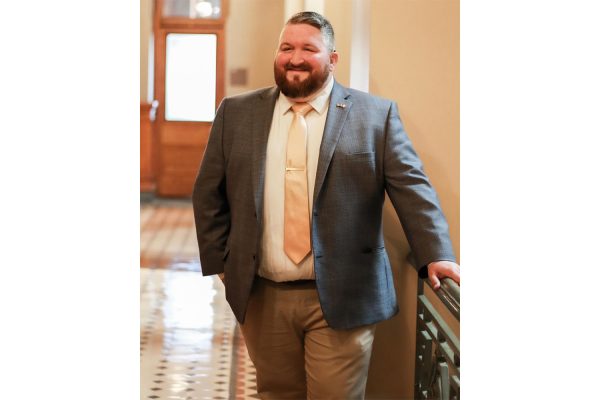UI professors and researchers bring light to lack of research, education, and funding for gun violence studies
UI researchers discuss the issues surrounding gun violence and hope to see change in the coming years.
University of Iowa Professor Corinne Peek-Asa poses for a portrait in the College of Public Health Building on Tuesday, August 27, 2019.
August 29, 2019
As stories of shootings across the country continue to dominate national conversations, researchers at the University of Iowa are investigating the effects of gun violence and reviewing its long-term consequences.
University of Iowa Associate Professor in criminology and social psychology Mark Berg said many tend to associate the words “gun violence” with mass shootings and often forget the homicides, suicides, and accidental shootings that occur day to day.
“There is an astoundingly small number of people who study gun violence who will provide public expression,” Berg said. “There needs to be a dedicated effort on this campus to encourage and support more vibrant research on the challenge of gun violence.”
Almost 40,000 people died from firearms in 2017, according to data from the Centers for Disease Control and Prevention.
At the end of the year, Berg said, school shootings will likely represent only 1 to 2 percent of firearm shootings.
“We will lose far more people than just the massacres we see on TV,” he said.
Berg added that mental health in regards to gun violence is another popular misconception. There is not a strong link to connect mental-health issues to gun violence, he said.
“Anger, really strong feelings of anger, are usually the reason for gun shootings,” Berg said. “But that is just one part of gun violence. There are cases of it daily, and that shouldn’t be the case.”
Related: Kumar: Gun-law gaps equal gun violence
Berg emphasized that he believes the most heartbreaking part about any case of gun violence is when it is preventable.
“It is a major public health burden,” Berg said, comparing the problem of gun violence to the opioid crisis. “I think it is that much of a problem, not in numbers but with the impact it has on society.”
One obstacle that stands in the way of preventing gun violence is not just the lack of knowledge and research on the subject, but also the lack of investment, said Corinne Peek-Asa, the associate dean for research at the UI College of Public Health.
“If you compare the burden of gun violence to the amount of research on gun violence, the latter is miniscule,” she said. “The underinvestment has made it hard to find public approved and moderate approaches to reduce gun violence, which is something that can be done.”
Peek-Asa added that gun violence is at an unacceptable level, and there needs to be a multi-pronged approach on all violence prevention.
“We still need a lot of research to truly understand the balance of what are the right environmental approaches. That is critical for preventing gun violence,” she said.
Preventing gun violence will take multiple steps, said James Wo, an assistant professor in the Department of Sociology and Criminology.
“It really depends on the context of each situation,” Wo added. “While it is certainly possible to reduce the overall rate of gun violence, I don’t think there is just one strategy that is going to work in all places and all times.”
Wo also said he thinks there are some promising interventions that could help reduce gun violence, The Boston Gun Project and Project Safe Neighbourhoods.
Along with more research, Peek-Asa said, there needs to be people listening and understanding.
“We need to invest in the research and policies to solve these issues, and we need people to care, to speak out, and participate,” she said.















